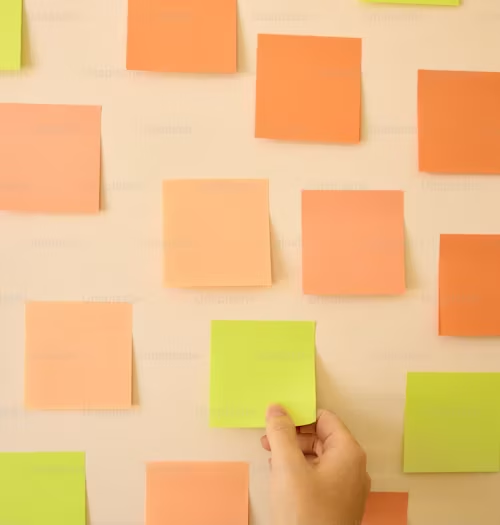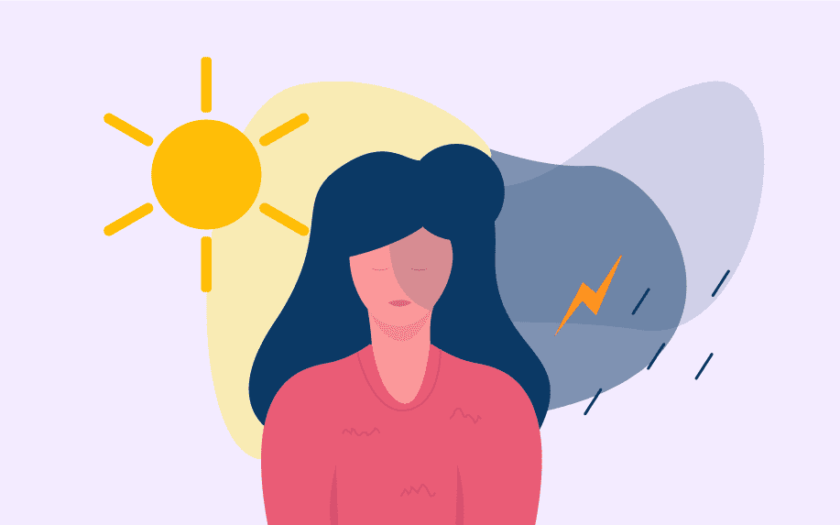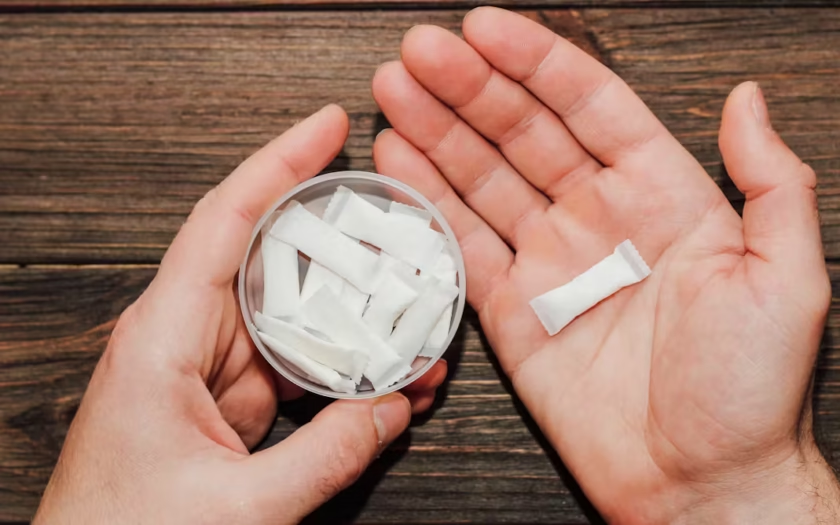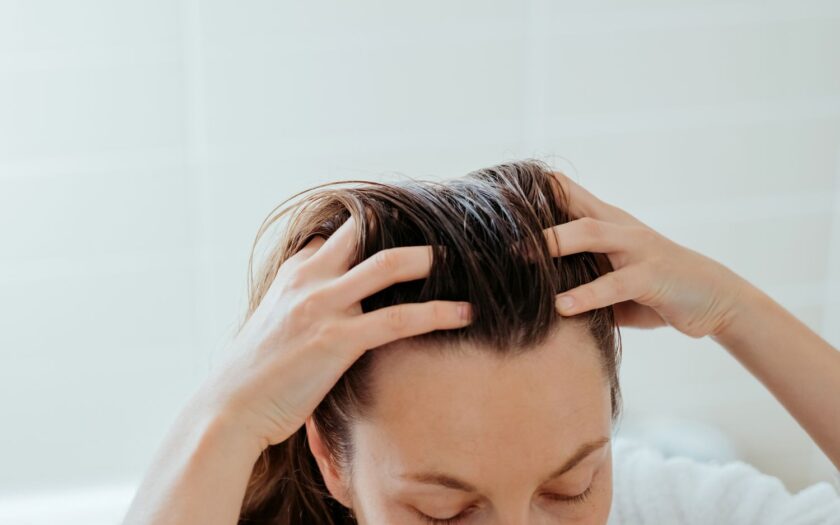Decluttering and organizing are often seen as effective strategies for improving mental health, as they can positively impact various aspects of our lives. Living in a disorganized or cluttered environment has been associated with several negative outcomes, including memory impairment, poor eating habits, increased risk of mood disorders, and decreased impulse control. Research also suggests a link between clutter and elevated cortisol levels, as well as a potential for chronic anxiety disorders in some individuals.
Moreover, clutter can diminish feelings of well-being, happiness, safety, and security within personal spaces, according to studies published in the Journal of Environmental Psychology. Many people acknowledge that mental disorganization can manifest physically in their living spaces, reflecting feelings of overwhelm and lack of mental organization.
In addition to affecting mental well-being, disorganization can impair focus, decision-making abilities, and productivity. Research indicates that working in a cluttered environment can lead to feelings of exhaustion and decreased productivity over time. Behavioral neuroscientist Daniel Levitin emphasizes that disorganization can result in tangible losses, such as time spent searching for lost items or managing the consequences of disordered living, which can ultimately impact one’s personal and professional life.
While some claims about the mental health benefits of decluttering may be exaggerated, scientific evidence supports several advantages of maintaining an organized living space. However, it’s essential to recognize that organization alone may not be sufficient to alleviate diagnosed mental health conditions like depression. Nonetheless, cultivating a tidy environment can contribute positively to overall well-being and productivity.
Mental (and physical) benefits of getting organized
Research suggests that addressing clutter and disorganization can yield numerous mental and physical health benefits, ultimately enhancing overall well-being and quality of life. Joseph Ferrari, a prominent expert in clutter and disorganization research, asserts that nearly every mental health downside associated with clutter can be mitigated by getting organized. By decluttering and becoming organized, individuals may experience reduced exhaustion, increased productivity, and an overall improvement in life satisfaction.
Neha Khorana, a clinical psychologist specializing in the mental health benefits of cleaning and organizing, concurs, emphasizing that organizing can alleviate symptoms of anxiety, as disorganization is often linked to heightened anxiety levels.
Furthermore, tidy homes have been linked to better physical health outcomes. Libby Sander, an assistant professor of organizational behavior, notes that individuals with cleaner homes tend to be more physically active and enjoy better overall health. This association may stem from organized individuals’ better time management skills and improved dietary habits, as excess clutter has been linked to weight gain.
In addition to physical health benefits, getting organized can reduce stress levels, increase personal efficiency, and even improve sleep quality. Moreover, organizing one’s living space can enhance the quality of relationships. Natalie Christine Dattilo, a clinical psychologist, explains that excessive clutter can hinder communication and distract individuals, leading to misunderstandings and feelings of neglect in relationships.
Overall, research indicates that adopting organizational habits and decluttering can lead to a multitude of positive outcomes, spanning mental, physical, and relational domains, ultimately contributing to a healthier and more fulfilling life.
Where and how to begin
To embark on the journey of organizing and decluttering, it’s essential to start small to avoid feeling overwhelmed. Clinical psychologist Natalie Christine Dattilo advises beginning with a manageable task, such as organizing a single drawer, bookshelf, or pantry. Breaking the process into smaller tasks sets the stage for success and prevents feelings of being daunted by the project at hand. Dattilo also suggests making the organizing process enjoyable by incorporating music or audiobooks and taking time to appreciate the newly organized space afterward.
Setting aside dedicated time for decluttering and organizing is crucial, according to board-certified clinical psychologist Neha Khorana. Catherine Roster recommends visualizing the benefits of having an organized space to stay motivated. Additionally, seeking support from friends, family, or professional organizers can provide guidance and encouragement when needed.
Professional organizer Julie Morgenstern advises categorizing items into keep, toss, and relocate, ensuring that each item has a designated place. Consider off-site storage for items that are sentimental or seasonal but not frequently used.
Behavioral neuroscientist Daniel Levitin cautions against relying solely on emotional attachment when deciding whether to keep an item, as physical touch can intensify sentimental feelings. Instead, he suggests logically evaluating each item’s usefulness.
Assistant professor of organizational behavior Libby Sander emphasizes the importance of digital decluttering, such as unsubscribing from unnecessary emails and organizing digital files. Consistently dedicating a few minutes each day to organization tasks can lead to significant progress over time and help establish sustainable habits.
Ultimately, the process of organizing and decluttering requires decision-making, emotional regulation, and patience. Dattilo emphasizes that practicing intentional and loving care for one’s home sends a powerful message of self-worth and fosters a sense of accomplishment and well-being. With practice and dedication, anyone can develop the skills necessary to maintain an organized and clutter-free living space.



